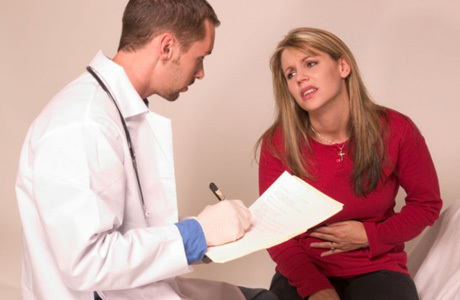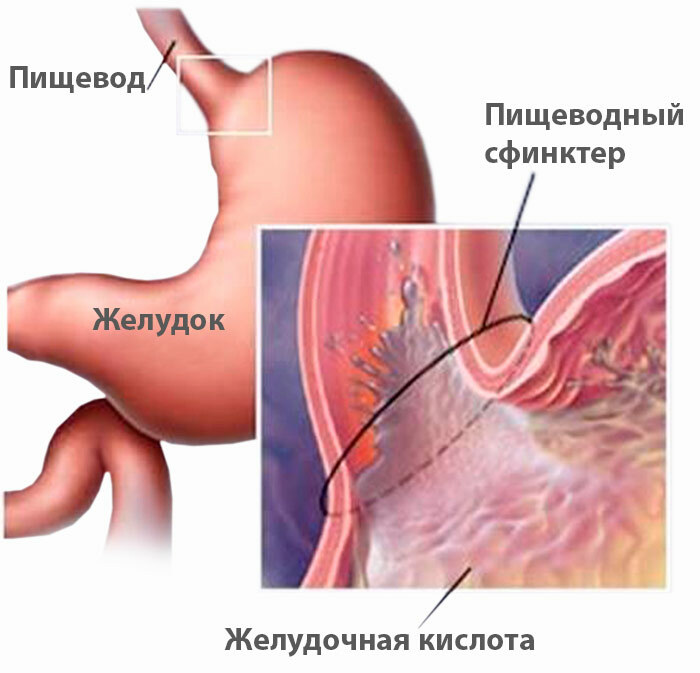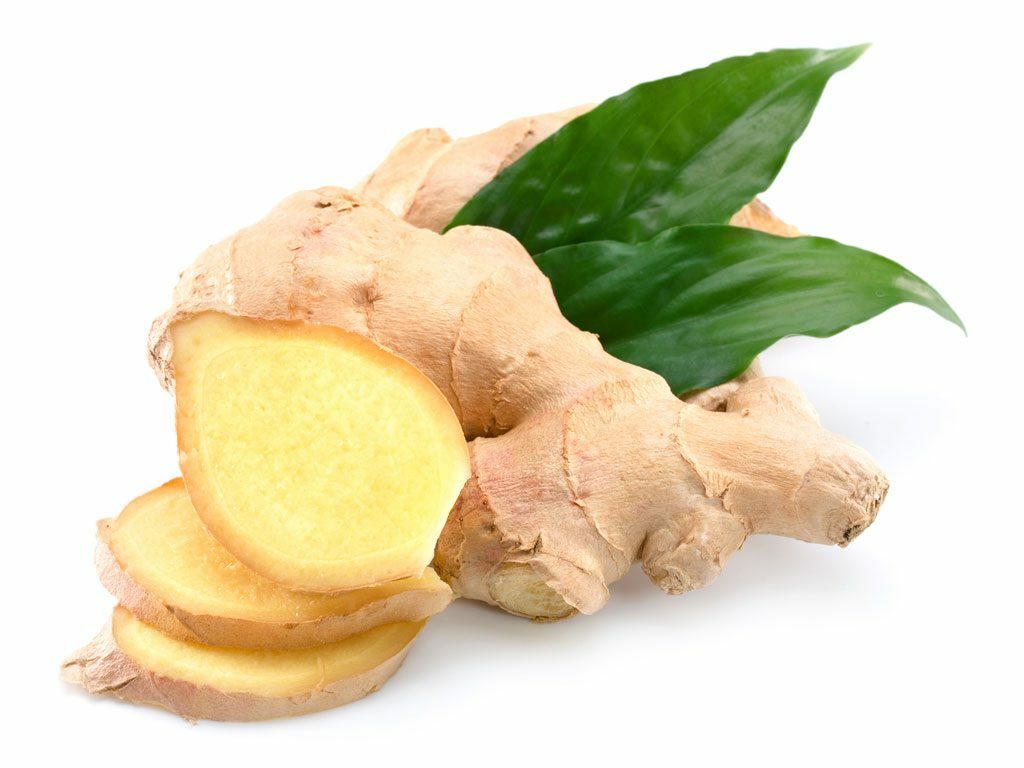Types, symptoms and treatment of dyspepsia
When it comes to dyspepsia, there is a combined name for a particular group of digestive disorders, mostly functional or nutritional.
There are many varieties of this disease, and the symptoms of their manifestation are quite similar, but they have a number of characteristic features.
It is important to know how the disease manifests itself and how to remove the painful syndrome.
Types of the disease
Contents:
- Types of the disease
- Symptoms and causes of dyspepsia
- Treatment of the disease
- Folk remedies
There are two main types of this disease: organic and functional dyspepsia. Simple functional dyspepsia is a violation of the stomach, not caused by organic diseases.
Symptoms of this kind include a feeling of soreness or discomfort. Organic gastric dyspepsia is associated with various pathologies of the digestive tract.
Its symptoms, as a rule, are always clearly manifested and do not disappear for a long time.
The types of the disease are also distinguished by the factors that caused it:
- , alimentary dyspepsia is formed due to malnutrition;
- fermentation dyspepsia occurs when carbohydrates predominate in food( various pastries, vegetables, grains, potatoes);
- putrefactive indigestion occurs when eating more proteins( chicken, seafood, cottage cheese), as well as when using stale meat products;
- fatty intestinal dyspepsia occurs with frequent use of fatty foods;
- toxic dyspepsia is most often formed in children( especially in infants).Simple functional dyspepsia, the timely treatment of which was absent, can also lead to this type of disease. Toxic dyspepsia, as a rule, is manifested by symptoms of intoxication;
- non-ulcer dyspepsia so-called. Neurotic genesis arises from an unstable emotional state and a frequent experience of stressful situations;
- dyspepsia of pregnant women occurs due to acid reflux.

This stomach disease can be classified by certain types of digestive enzymes, which are not enough in the stomach or intestine:
- gastrointestinal intestinal dyspepsia develops due to deficiency of intestinal enzymes;
- pancreatogenic appearance occurs against the background of insufficient pancreatic secretion;
- an enterogenic variant of the disease begins to manifest itself when the patient develops a chronic form of enteritis;
- , hepatogenic non-ulcer dyspepsia is associated with a violation of bile outflow.
Separately, doctors singled out a simple type of stomach disease that developed due to improper operation of intestinal absorption.
This malabsorption syndrome is a chronic disease of the stomach, which manifests itself in a violation of absorption of nutrient enzymes.
Symptoms and causes of dyspepsia
Characteristic dyspeptic symptoms:
- uncomfortable feeling of heaviness in the stomach;
- recurrent painful symptoms in the upper abdomen;
- the appearance of a feeling of fullness of the stomach even after a small meal;
- decreased appetite;
- symptoms of flatulence manifested in the upper abdomen;
- nausea can occur both on a hungry and full stomach;
- heartburn( burning in the area of the esophagus) after eating;
- in some cases, symptoms include vomiting. As a rule, it leads to relief, but not for long.
Some symptoms can be attributed not only to dyspepsia, but also to gastritis or peptic ulcer. Similar symptoms contain severe pain in the epigastric region, heartburn, nausea and vomiting.

As a rule, the dyspepsia syndrome can occur according to one of the following:
- ulcerative syndrome. Its symptoms are similar to those of ulcerative damage to the stomach;
- dyskinetic syndrome has such symptoms: discomfort in the upper abdomen, a feeling of filling and early satiety, diarrhea;
- nonspecific syndrome manifests itself as characteristic of both ulcerative and dyskinetic dyspepsia.
Toxic dyspepsia can be caused by infectious infection:
- shigellosis infection is a disease that disrupts the work of only the large intestine. The main symptom is feces with a mixture of mucus and scarlet blood.
- Salmonellosis( acute intestinal bacterial infection) is a disease characterized by an increase in body temperature( up to 39 ° C), frequent vomiting, diarrhea and severe headache.
Dyspeptic syndrome may occur due to various causes. Alimentary dyspepsia is provoked by irregularities in the regularity of meals and the use of poor-quality food.
Fermentation dyspepsia occurs due to excessive consumption of proteins, putrefactive indigestion - because of carbohydrates, and fatty - due to the constant excess of fat.
Toxic dyspepsia can result from the use of drugs: various antibiotics, hormonal medications, antineoplastic tablets, and poisoning the body.
Functional dyspepsia occurs as a result of hypersecretion of the stomach, it can also provoke regular stress.
The causes of the organic form of the disease are often attributed to pathologies of gastric, duodenum or large intestine motility.
Treatment of
If the first signs of dyspepsia occur, the treatment of children and adults can be medicated and non-medicamentous.
Treatment by the second method implies compliance with some tips. Diet with dyspepsia also plays an important role in recovery.
It is recommended, after eating, to go for a small half-hour walk, sleep only on high cushions, do not put on too tight belts, do not strain the press and eat right.
Video:
The diet for dyspepsia is not too strict. You just need to reduce or even stop consuming foods that cause heartburn: oranges, grapefruits, lemons, drinks with gas, coffee, strong tea, alcohol, very salty or sweet dishes, smoked and fried foods.
Fermentation dyspepsia is treated with a diet according to Pevzner No. 4a.
Drug treatment involves the use of such groups of drugs:
- analgesic drugs eliminate soreness in the abdomen;
- hydrogen pump blockers reduce the production of hydrochloric acid in the stomach, eliminate burning behind the chest and belching;
- H2-histamin blockers are drugs that also reduce acid in the stomach, but have a weaker effect on the body, so they are prescribed in cases where for any reason you can not use hydrogen pump blockers;
- fermentation dyspepsia is treated with sorbents, and toxic dyspepsia is treated with antibiotics;
- enzymatic agents normalize digestion in the stomach. They are especially useful if the patient has putrefactive indigestion.
Functional dyspepsia can be eliminated only by taking a complex of drugs.
As a rule, the treatment of dyspepsia is aimed not only at removing an unpleasant syndrome, but also in eliminating the factor or disease that caused dyspepsia. It is for this reason that sometimes treatment is supplemented with drugs prescribed for gastritis, duodenitis, ulcer, gastroesophageal flue disease, infection with Helicobacter pylori or viral infections, Zollinger-Ellison disease, cholecystitis and a variety of pancreatic diseases.
Folk remedies
Treatment of this disease with folk remedies is quite effective at any stage of the disease.
Due to the influence of useful properties of medicinal plants, the ratio of useful elements in the body is adjusted, and the stomach again starts to work correctly.
It is best to supplement medication with ginger, chamomile, peppermint or cumin. Dyspeptic syndrome can be removed and baking soda.
The components found in ginger improve digestion and have an antispasmodic effect.
After eating, it is advisable to eat a small piece of ginger root, thoroughly chewing it, or make a tincture of ginger.
For its preparation, pour 250 ml of boiled water 1 tsp. Grated fresh ginger root, then stop, insist 10 minutes, filter and drink.

Painful dyspepsia syndrome is removed quite quickly.
Chamomile helps relax the walls of the stomach and soothe the patient with dyspepsia. Doctors advise to use for infants and adults infusion of chamomile inflorescences 3 times a day after eating.
For its preparation you need 1 tbsp. L.Pour the flowers in a glass, pour 300 ml of boiling water, cover and leave for about 10 minutes, then strain and drink in small sips.
Very young children can also be treated with this infusion.
Mint has an excellent antispasmodic effect. This drug should be consumed immediately after meals for children and adults.
You can eat a few fresh leaves of the plant or brew tincture from it. However, it is better to supplement mint treatment with other folk remedies.
After a plentiful meal, you can reduce the unpleasant syndrome by eating a small spoonful of fennel seeds or cumin.
These plants contain essential oils that remove cramps in the abdomen and accelerate digestion. For children, the dose is half a small spoonful.
With a strong manifestation of indigestion, experts advise preparing a decoction of seeds of anise, dill and cumin.
To do this, mix the ingredients in an equal proportion, then 1 small spoonful of seed mixture pour 1 cup of boiled water and let it steep under the lid for about 3 minutes.
Video:
Then the product is filtered, divided into 3 portions and drunk before eating. Treatment should continue until the painful syndrome goes away.
Soda well neutralizes excess acid in the stomach and helps with flatulence.
To cure diarrheal syndrome in older children and adults, you need to dissolve 1 tsp. Soda in a mug of water and drink this solution.
Sometimes it happens that baking soda leads to increased gas formation in the stomach, the patient in this case there is a belch.
To prevent this situation, doctors recommend adding a few drops of lemon juice to the soda solution. Such treatment is harmful for children under twelve.
It should be remembered that before using any medications and folk remedies for the treatment of dyspepsia in children or adults, you should consult a doctor.



